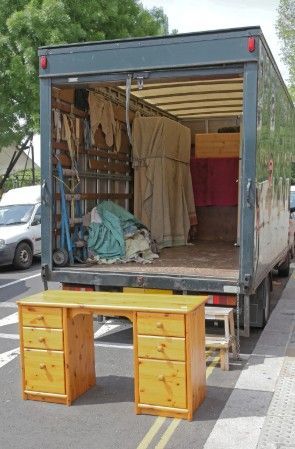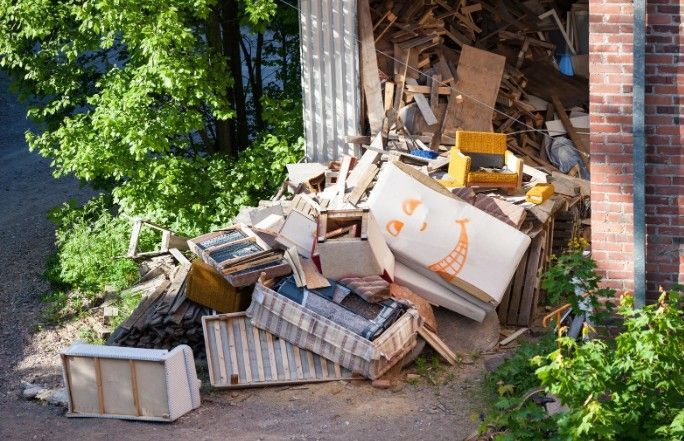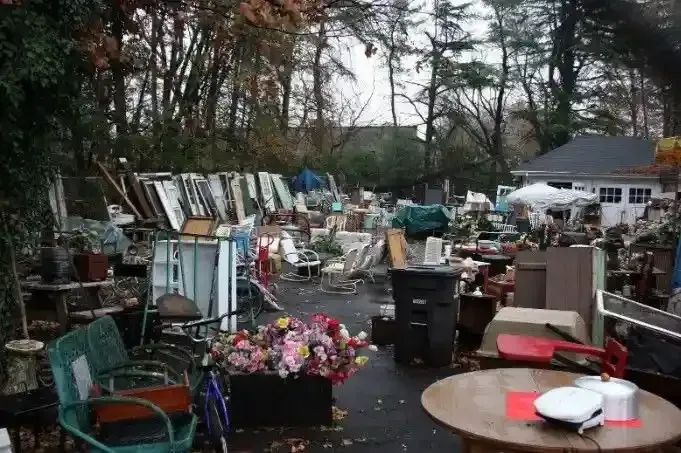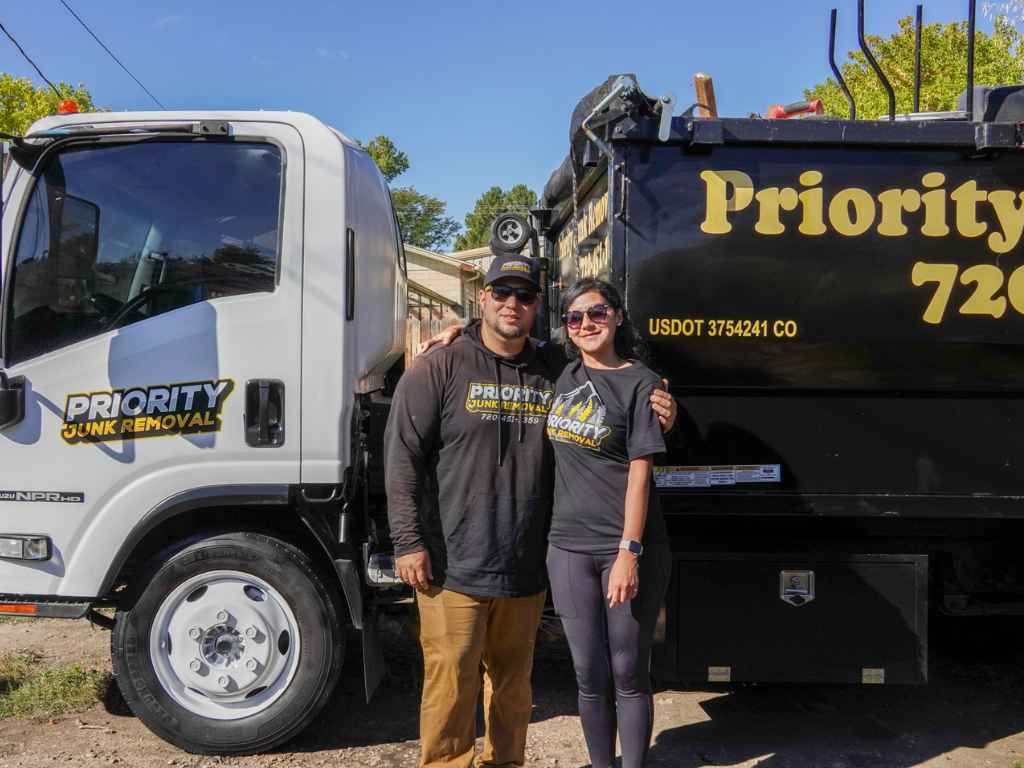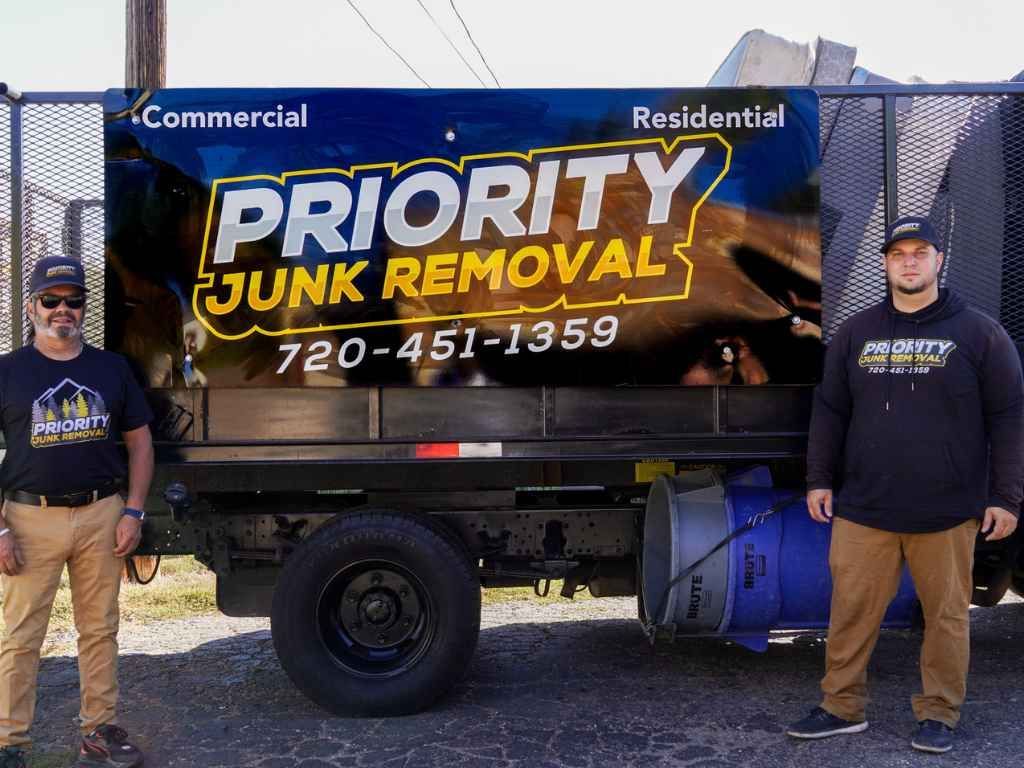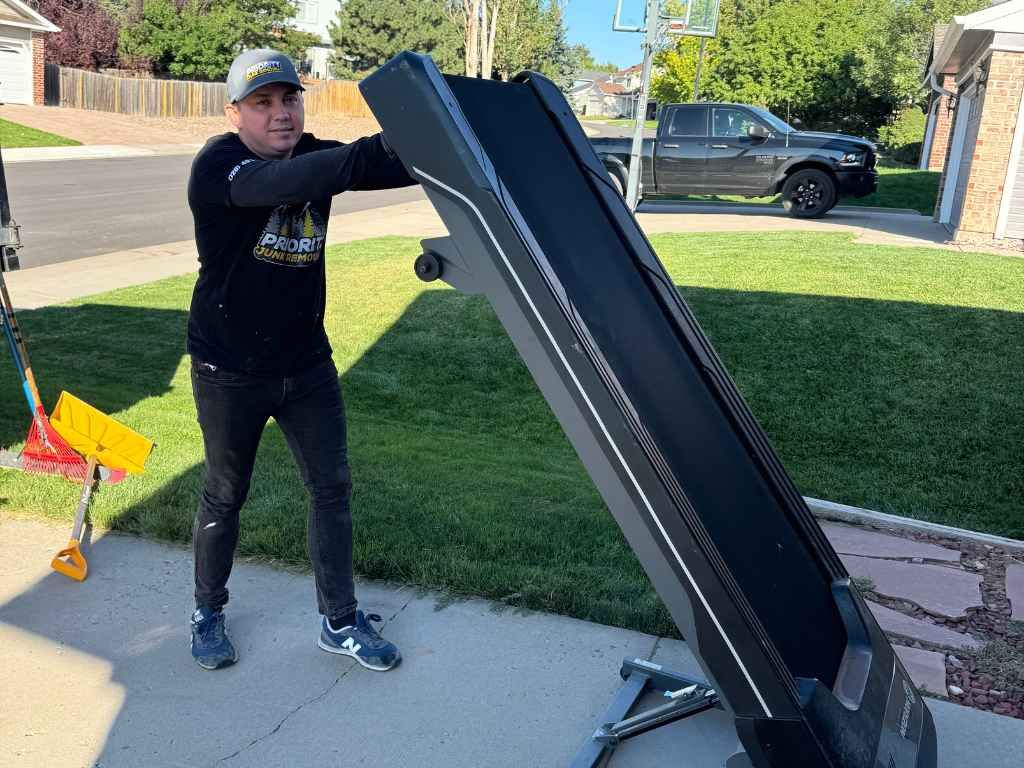Sustainable Decluttering Tips for Environmentally Conscious Homeowners
Decluttering doesn’t have to mean filling up trash bins or hauling everything to the landfill. For environmentally conscious homeowners, it’s about choosing a more intentional approach—one that respects the environment while still making space at home. Sustainable decluttering involves sorting with purpose, reducing waste, and rethinking how we discard the things we no longer need. It’s about making decisions that feel good not just for our homes, but for the planet, too. This means donating items with life left in them, repurposing creatively, recycling mindfully, and working with eco-conscious removal partners who share your values.
At its core, sustainable decluttering blends practical organization with eco-responsibility. It’s not just about clearing out—it’s about how you do it. When done right, you’ll find your living space lighter and more manageable, all while minimizing your impact on landfills. And the best part? You’re not only reclaiming your space—you’re contributing to a cleaner, more sustainable future.
Donate Before You Dispose
Before sending anything to the junk pile, take a moment to consider who might still benefit from it. Whether it’s gently used clothes, books, kitchen appliances, or furniture, countless donation centers and community programs are eager to give items a second life. Passing on items to charities or local shelters can dramatically cut down waste and extend the usefulness of what you no longer need.
This habit reshapes how we view our belongings. Instead of seeing unused things as trash, they become resources for someone else. It’s a mindset shift that turns decluttering into a generous act. Environmentally conscious homeowners understand that donating supports both the environment and the community. It’s a simple way to give more meaning to the process of letting go.
Separate Materials Thoughtfully
Not everything belongs in the same bin. Responsible decluttering means learning how to separate materials correctly. Electronics, batteries, textiles, metals, and plastics all have their own recycling channels, and putting them in the right place can make a huge difference. Improper sorting contaminates recycling loads and results in more waste ending up in landfills unnecessarily.
Developing an eye for sorting might take a bit of practice, but it’s worth the effort. You’ll prevent harmful substances from leaching into the environment and ensure that reusable materials get their second chance. For eco-conscious homeowners, the goal is clear: less landfill, more recovery. Keep a small station in your home for sorting recyclables as you go, and you'll turn a messy chore into a system with a purpose.
Schedule Eco-Friendly Pickups
Decluttering large items or bulky waste doesn’t have to mean sacrificing your green values. Many junk removal companies offer eco-conscious hauling services that prioritize recycling, donation, and minimal landfill impact. Scheduling an eco-friendly pickup helps you dispose of your clutter responsibly, especially when items are too heavy or cumbersome to deal with yourself.
When choosing a service, check their disposal policy. A company committed to sustainable practices won’t just dump your items—they’ll work to ensure as much as possible is reused or recycled. For homeowners looking to stay aligned with environmental principles, these pickups offer peace of mind. You get your space back, and you know your junk won’t harm the planet.
Choose Repurposing Over Replacing
Sometimes, all an item needs is a second chance. That scratched wooden table? It could become a charming garden bench. Those old glass jars? Perfect for organizing your spice rack. Repurposing is a creative way to reduce waste and breathe new life into things you might otherwise discard. It keeps useful materials out of the trash and invites innovation into your decluttering process.
For homeowners who care about sustainability, repurposing is an expression of both care and creativity. It’s about seeing the potential in what already exists. You not only save money and avoid needless consumption, but you also engage in an act that values resources instead of wasting them. In short, it’s decluttering with imagination and purpose.
Use Minimalism as a Guide
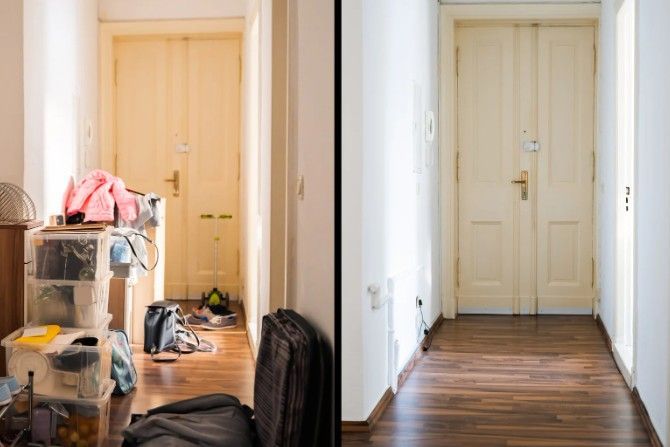
Embracing minimalism doesn’t mean living with nothing. It means choosing to live only with what adds value. This mindset helps keep clutter from creeping back in after a cleanup and promotes thoughtful consumption moving forward. The fewer things you bring in, the fewer you’ll need to discard later—and that’s a big win for sustainability.
Environmentally conscious decluttering works best when paired with mindful buying habits. If something doesn’t serve a purpose or bring joy, it doesn’t belong in your space. Minimalism encourages quality over quantity, making it easier to keep your home tidy and environmentally sound over the long term. Less stuff, less waste, more impact.
Benefits of Sustainable Decluttering
- Reduces Waste Accumulation: Sustainable decluttering cuts down on the volume of trash headed to landfills. By donating, recycling, and repurposing, you divert waste from disposal sites and extend the life cycle of everyday items. Less garbage means a lighter environmental footprint.
- Promotes Community Support: When you donate your usable items, you’re helping someone in need while freeing up your own space. From clothing to furniture, your decluttered goods can find a new home and purpose in your community.
- Improves Indoor Air Quality: Clutter can trap dust, allergens, and pollutants. A clean, organized space contributes to better airflow and healthier indoor air. Eco-conscious decluttering often includes deep cleaning, which boosts your home’s overall wellness.
- Encourages Sustainable Living: Making eco-friendly choices during your cleanup journey supports a sustainable lifestyle. This ripple effect of mindful habits can influence other areas of your daily life, from how you shop to how you dispose of household waste.
- Simplifies Home Management: Decluttering makes it easier to manage your home. Fewer items mean less to clean, maintain, and organize. A sustainable approach ensures what you keep serves a purpose and aligns with your values.
Reuse What You Can to Limit Waste
Think twice before tossing anything. Many common household items have untapped reuse potential. Old T-shirts become rags, broken mugs can hold pens, and that pile of shipping boxes might just be your next DIY storage solution. Reusing is practical and resourceful, helping cut back on demand for new materials.
Reusing keeps materials circulating longer in your home’s ecosystem. It creates a loop where less is wasted, and more is utilized. Environmentally conscious homeowners thrive in this space, always finding clever uses for things that might otherwise be forgotten. It’s part habit, part creativity, and all good for the planet.
Involve the Whole Household
Sustainable decluttering works best when it’s a team effort. Teaching kids how to separate recyclables, inviting roommates to donate unused items, or challenging your partner to repurpose furniture turns a chore into a shared mission. Everyone benefits when sustainability becomes a household value.
Getting everyone on board helps the habits stick. It also opens up conversations about waste, consumption, and responsibility. When the entire home is engaged, decluttering becomes more than tidying up—it becomes a statement of shared purpose and environmental care. It’s how conscious living becomes a lifestyle, not just a one-time event.
Plan Seasonal Decluttering Sessions
Every season brings a reason to sort through your stuff. That winter gear in summer? Likely not needed. The garage during spring? Prime time to clear out the clutter. Planning seasonal decluttering helps you stay ahead of the mess and gives you regular opportunities to recycle, donate, and dispose responsibly.
Seasonal cleanouts allow you to adapt your home to your current lifestyle needs. Plus, it makes decluttering feel manageable instead of overwhelming. For eco-minded homeowners, each session is a chance to revisit your habits and reinforce sustainability goals. A regular rhythm keeps the process light, efficient, and effective.
Support Local Recycling Initiatives
Sometimes the best place to start is right in your own neighborhood. Local recycling programs offer drop-off days, hazardous waste events, and community resources that make eco-friendly decluttering more accessible. When you engage locally, you support the system and help keep your town greener.
Check your municipality’s website or contact local environmental groups to learn what’s available. Supporting these efforts builds momentum for better infrastructure, and it sends a message that residents care. By aligning your efforts with your communities, you’re not just decluttering—you’re participating in a larger, lasting movement.
Say No to Single-Use Disposal Bags
When it comes to clearing out the clutter, it’s tempting to reach for the most convenient option—usually a big black trash bag. But if you're aiming for a more sustainable lifestyle, the way you discard your items matters just as much as what you’re discarding. With a few thoughtful swaps, you can keep your home clean and your conscience clear.
- Reusable Storage Bins: Instead of tossing everything into trash bags, use reusable storage bins to sort items. They're sturdy, long-lasting, and can be reused for organizing or future decluttering projects.
- Cardboard Boxes: Opt for cardboard boxes when packing up donations or recyclables. They’re biodegradable, easy to stack, and often free from local stores or deliveries you already receive.
- Compostable Trash Bags: Swap traditional plastic garbage bags for compostable ones. These break down naturally and are perfect for organic waste, reducing your landfill contribution with every bag used.
- Fabric Donation Bags: Use canvas or cotton bags when dropping off donations. They're eco-friendly, reusable, and often more durable than plastic alternatives, keeping unnecessary waste out of the environment.
- Digital Decluttering Tools: Clear out physical paper clutter by digitizing documents and photos. Using cloud storage or external drives cuts down on paper waste while organizing your space more efficiently.
Conclusion
Decluttering sustainably doesn’t just transform your home—it reshapes your impact on the planet. Every time you donate instead of dump, recycle instead of toss, and reuse instead of replace, you’re contributing to a cleaner, smarter future. This kind of decluttering is more than tidying up—it’s a quiet act of environmental stewardship.
For homeowners in Littleton who want to keep their cleanup green and guilt-free, reach out to Priority Junk Removal. Their services are designed with eco-conscious living in mind. Call 720-451-1359 or email priorityjunkremoval@gmail.com to start your responsible decluttering journey today.

